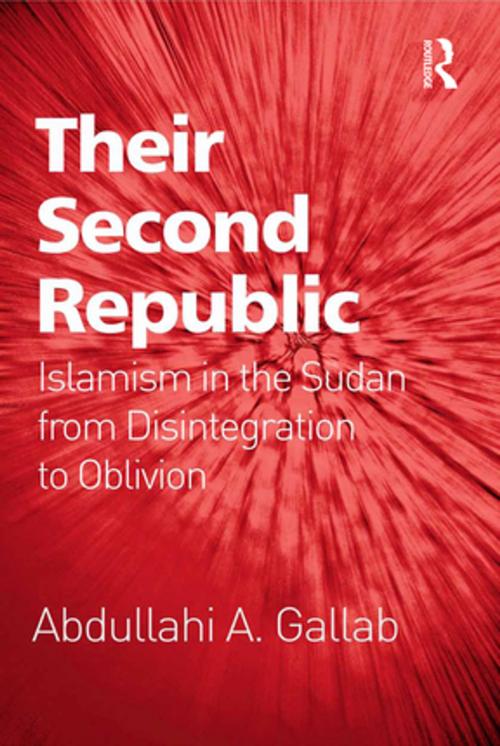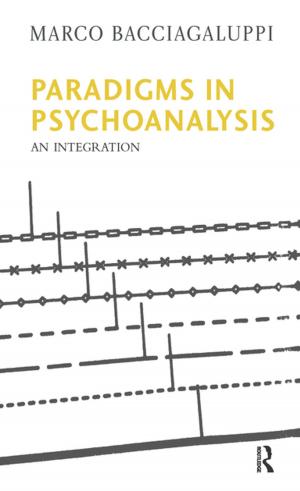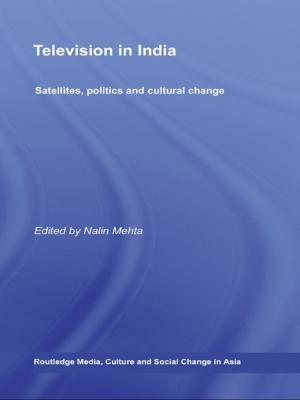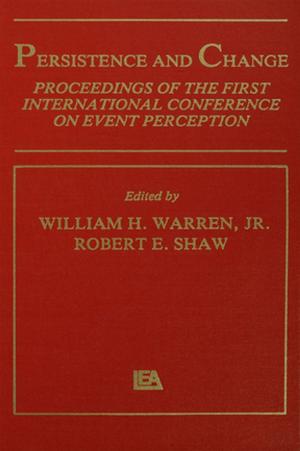Their Second Republic
Islamism in the Sudan from Disintegration to Oblivion
Nonfiction, Social & Cultural Studies, Political Science, Social Science| Author: | Abdullahi A. Gallab | ISBN: | 9781317011378 |
| Publisher: | Taylor and Francis | Publication: | February 17, 2016 |
| Imprint: | Routledge | Language: | English |
| Author: | Abdullahi A. Gallab |
| ISBN: | 9781317011378 |
| Publisher: | Taylor and Francis |
| Publication: | February 17, 2016 |
| Imprint: | Routledge |
| Language: | English |
Building on his successful book, The First Islamist Republic, Abdullahi A. Gallab’s Their Second Republic: Islamism in the Sudan from Disintegration to Oblivion deals with Islamism, its representations, history, and transformations in the region. Continuing the study of Islamism in power the book affirms the continuous disintegration of the Islamist movement in the Sudan taking a critical look at its institutions and their ideological and rhetorical stances. The book provides an entry point into Hasan al-Turabi’s Islamism, its local regimes and their disintegration. The book addresses the profound transformations that stem from the anachronistic qualities of political Islam as it deploys violence to maintain power. Gallab describes this as savage separation of religion and state. The main focus of the book is to provide a socio-historical analysis of developments and transformations of historic forms of Islamism and its runaway world as well as situating it in its local and global contexts.
Building on his successful book, The First Islamist Republic, Abdullahi A. Gallab’s Their Second Republic: Islamism in the Sudan from Disintegration to Oblivion deals with Islamism, its representations, history, and transformations in the region. Continuing the study of Islamism in power the book affirms the continuous disintegration of the Islamist movement in the Sudan taking a critical look at its institutions and their ideological and rhetorical stances. The book provides an entry point into Hasan al-Turabi’s Islamism, its local regimes and their disintegration. The book addresses the profound transformations that stem from the anachronistic qualities of political Islam as it deploys violence to maintain power. Gallab describes this as savage separation of religion and state. The main focus of the book is to provide a socio-historical analysis of developments and transformations of historic forms of Islamism and its runaway world as well as situating it in its local and global contexts.















